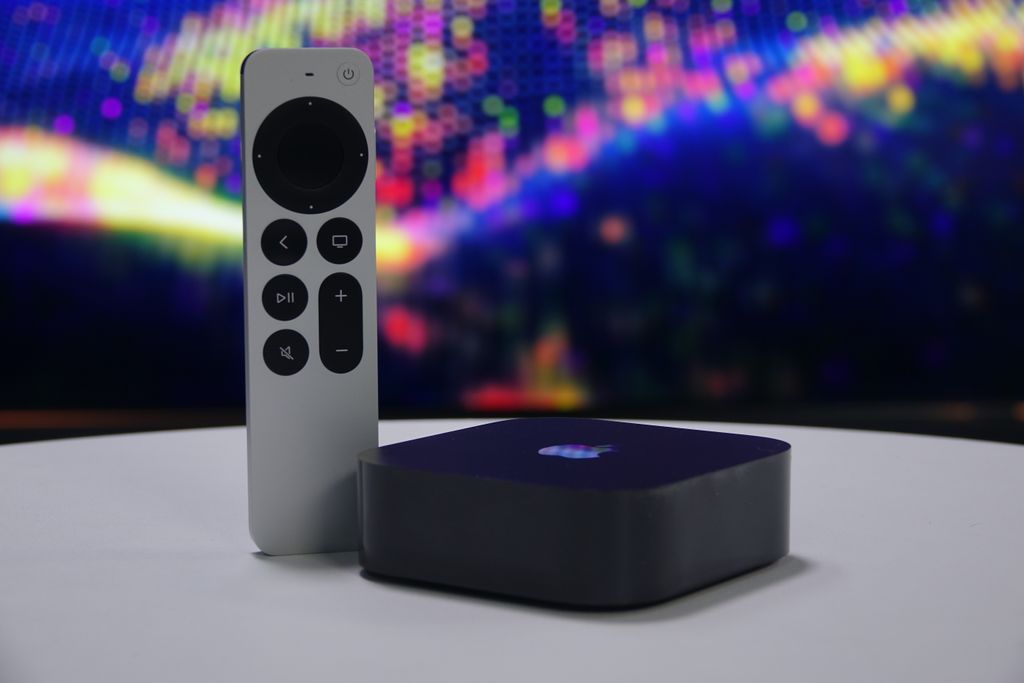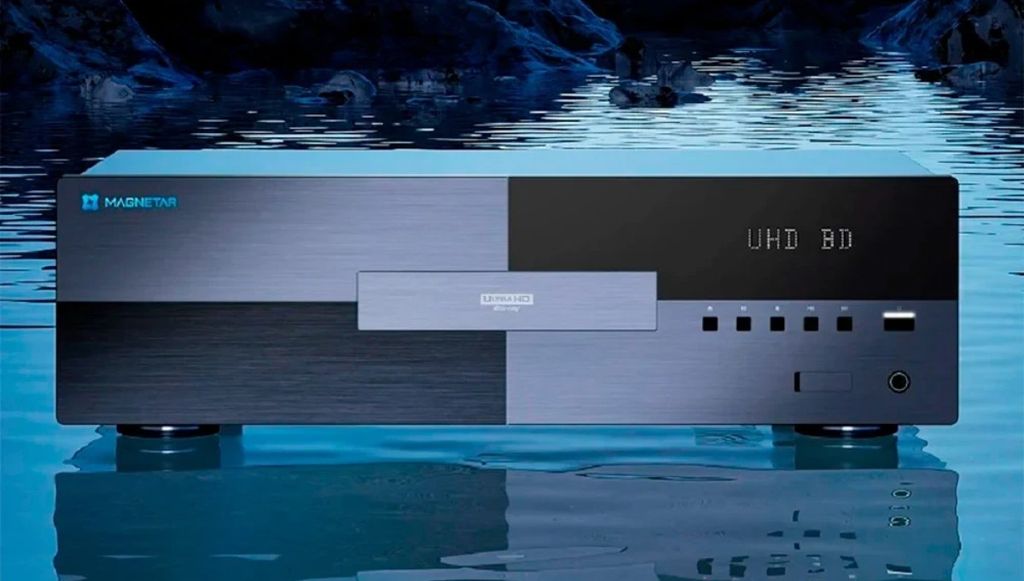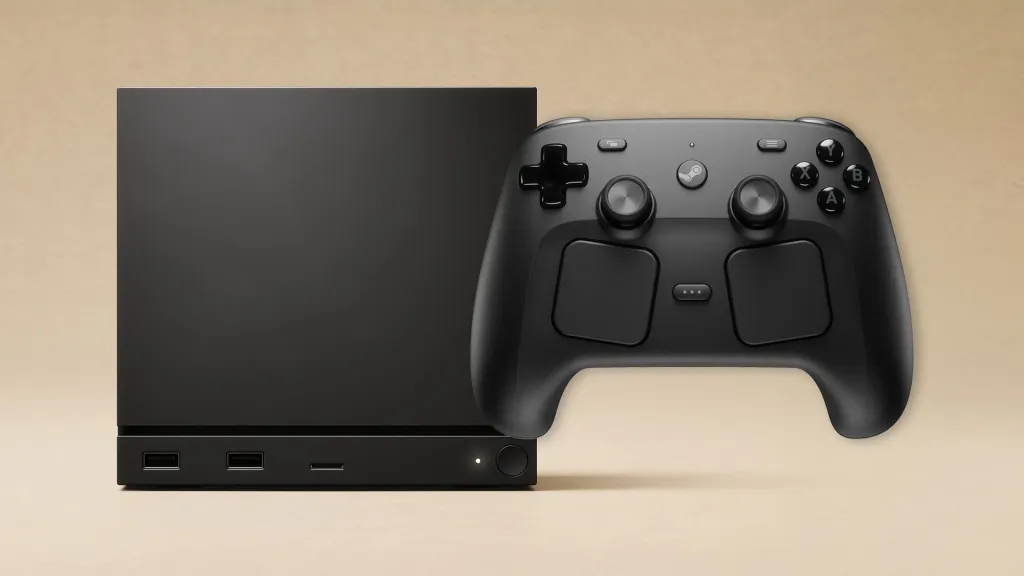
Apple is preparing to refresh its media player, and according to sources close to the company, the new Apple TV 4K will debut later this year, most likely in September. This will be the successor to the 2022 model, which, despite its solid construction, has already started to age. The current version uses the A15 Bionic chip from the iPhone 13, supports HDR10+, but still lacks Dolby Vision, wider compatibility with spatial audio formats (e.g. DTS), or features useful for gamers, such as variable refresh rate (VRR). Considering that Apple updates this product on average every three years, analyst Ming-Chi Kuo's forecast seems very likely.
More Powerful Processor and New Connectivity
Although Kuo did not reveal the full specifications, it is already known that the new Apple TV 4K will receive a more powerful processor – it is possible that it will be the A18 Bionic from the iPhone 16 or even the A19 from the upcoming iPhone 17. Among the novelties, there will also be support for Wi-Fi 7 and the first Apple-designed chip for Bluetooth and Wi-Fi communication. This is expected to improve synchronisation between the player and other devices from the company, such as iPhone or Apple Watch, ensuring even smoother operation. Interestingly, there is no mention of gesture control in the leaks, which Apple was reportedly working on last year.
Lower price and competition fight
The biggest surprise could be the price. According to Kuo, Apple wants to lower the entry threshold to its TV ecosystem and plans to sell the base version of Apple TV 4K 2025 for as little as 100 USD (around 75 GBP). This is a significant drop compared to current models – the 64 GB version costs 129 USD today, while the 128 GB version is priced at 149 USD. It's unclear if the new generation will also come in two memory variants, but if it does, the lower price would likely apply to the model with less memory. This is a clear signal that Apple wants to compete more aggressively with Google TV Streamer and Roku devices.
Update for new, not current users
Although a faster processor and newer connectivity standards sound enticing, it's hard to speak of a revolution. Current owners of Apple TV 4K are unlikely to complain about the performance of their devices, and potential support for uncompressed audio – one of the possible incentives – could also make its way to the current model. Everything indicates that this year's launch is primarily aimed at attracting new users to the Apple TV ecosystem, offering them a lower price and better integration with other company products, rather than forcing existing customers to replace their devices.
 Katarzyna Petru
Katarzyna Petru













